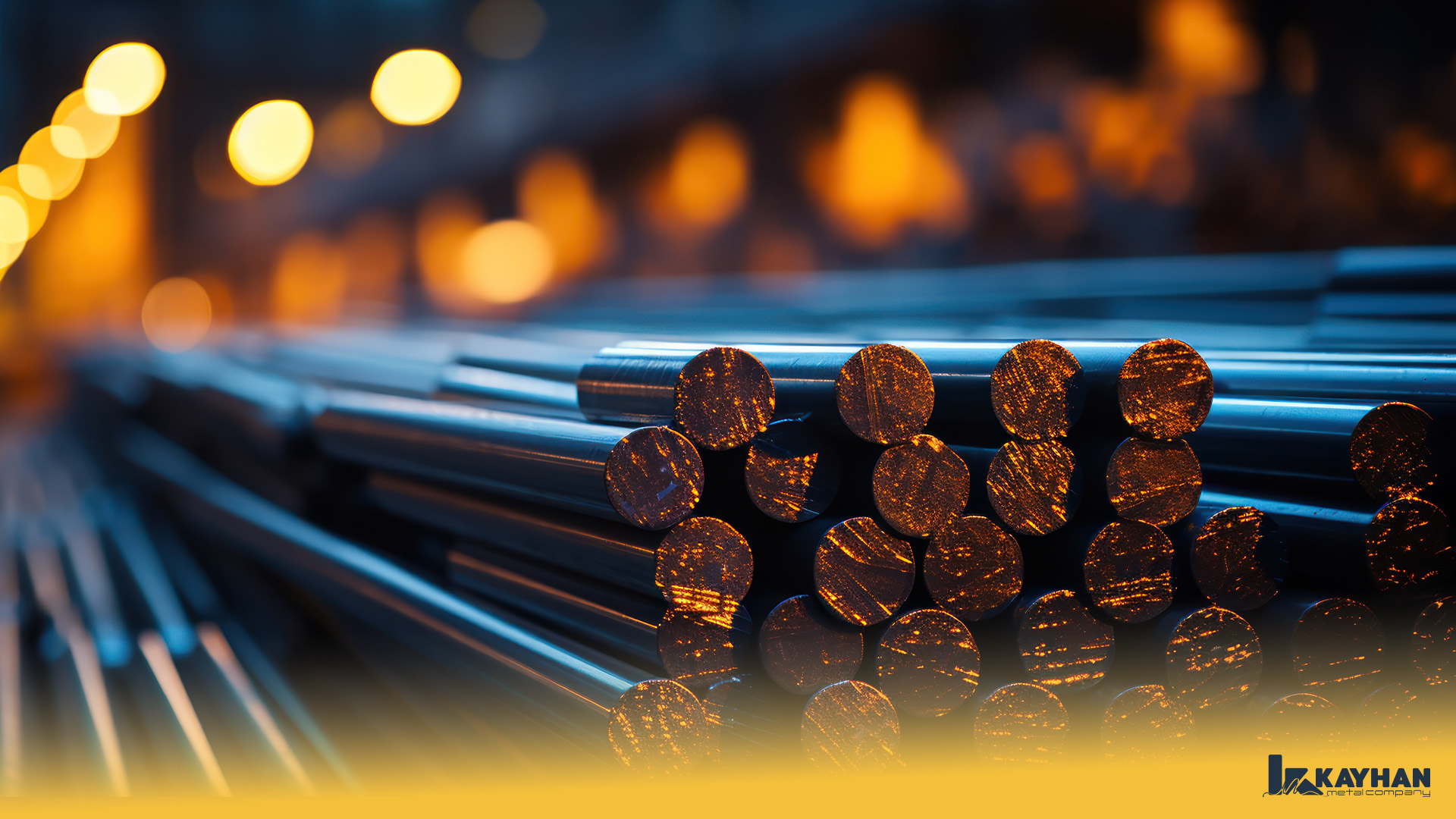The Importance of 8mm Copper Wire in Modern Industries
Copper wire is a vital component in various industries, playing a significant role in electrical and telecommunications applications. copper rod , due to its unique properties and applications in modern industrial processes, holds great importance. This article delves into the significance of 8mm copper wire, its properties, applications, and consequences in various sectors.
What is 8mm Copper Wire?
8mm copper wire is a type of metal made from copper with an outer diameter of 8mm. This wire is usually available in straight lengths or in coils in the market and is used for electrical current transmission, electrical connections, manufacturing metal components, and in various industries such as power distribution, automotive industry, construction, and metalworking.
The 8mm diameter of this wire indicates its thickness, which is usually determined based on standards and customer requirements. Generally, copper wire with this diameter is used for applications requiring high electrical current or mechanical strength, and due to its superior electrical and mechanical properties, it garners attention in various industries.
How is 8mm Copper Wire Made?
The manufacturing process of 8mm copper wire involves several steps:
- Copper Extraction: The production of copper wire starts with the extraction of copper ore from mines; copper ore is typically a mixture of copper, iron, and sulfur. The ore undergoes processes such as crushing and milling to separate copper from other elements.
- Smelting: After separating the copper ore, it is melted in a furnace at high temperatures to remove impurities and extract pure copper. This process results in the formation of copper anodes, which are large blocks of 99% pure copper.
- Electrorefining: The next stage involves electrorefining of copper anodes. The anodes are placed in an electrolyte solution and subjected to electric current. This process helps further purify the copper, increasing its purity to around 99.99%.
- Continuous Casting: After electrorefining, the purified copper is cast into large sheets or billets through a process called continuous casting. This method involves pouring molten copper into molds to create solid shapes that can be further processed.
- Hot Rolling: The copper billets are then sent to a rolling mill where they are heated and shaped into long, thin forms. This process gradually reduces the thickness of the copper and shapes it into the desired diameter for wire.
- Drawing: The final stage in producing copper wire involves drawing the copper through a series of dies to further reduce its diameter. This process is repeated several times until the copper reaches the required thickness of 8mm.
By closely following these steps, manufacturers can produce high-quality 8mm copper wire that meets rigorous standards for various applications, from power transmission to data communications.
Properties of 8mm Copper Wire
8mm copper wire is renowned for its high durability, conductivity, and flexibility. The 8mm diameter of the copper wire strikes a balance between strength and flexibility, allowing it to be used in various applications that require both high strength and flexibility.
Applications of 8mm Copper Wire
- Electrical Engineering: In the field of electrical engineering, 8mm copper wire is commonly used in power distribution systems, electrical wiring in buildings, and electric machinery. The thickness of this wire ensures safe transmission of high currents, making it a reliable choice for applications where performance and safety are crucial. The 8mm diameter ensures that the wire can handle the required load without overheating, thus preventing potential hazards such as short circuits or fires.
- Telecommunications: In the telecommunications industry, 8mm copper wire is used for data transmission, telephony, and network applications. Despite the emergence of optical fiber, copper wire remains a preferable choice for some telecommunications infrastructures due to its cost-effectiveness and reliability. With this thickness, the wire enables data transmission over long distances without signal loss, making it a valuable asset in seamless communication networks.
Conclusion
8mm copper wire holds significant importance in modern industries due to its high thickness and quality. From electrical engineering to telecommunications and industrial machinery, copper wire plays a fundamental role in ensuring efficient power transmission and communication networks. With the continued growth of industries, the demand for high-quality copper wire, including the 8mm type, is expected to increase, emphasizing the importance of sustainable practices in its production and usage. In conclusion, Kayhanmetal’s Co. serves as both a producer and supplier of copper rod 8mm, 1.8mm copper rod, 2.6mm copper rod catering to manufacturers in Dubai and shipping to Arab countries and worldwide.


No comment